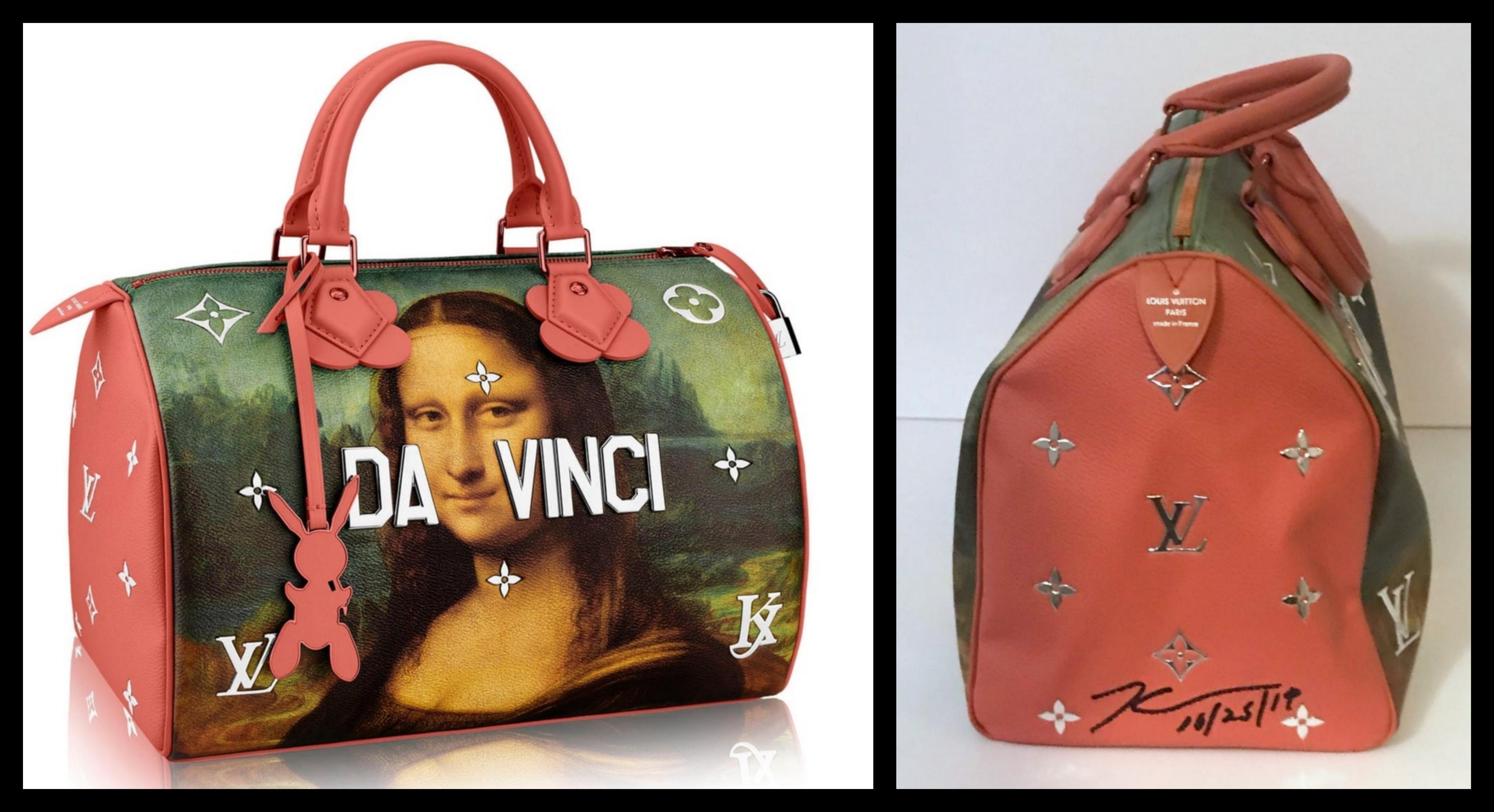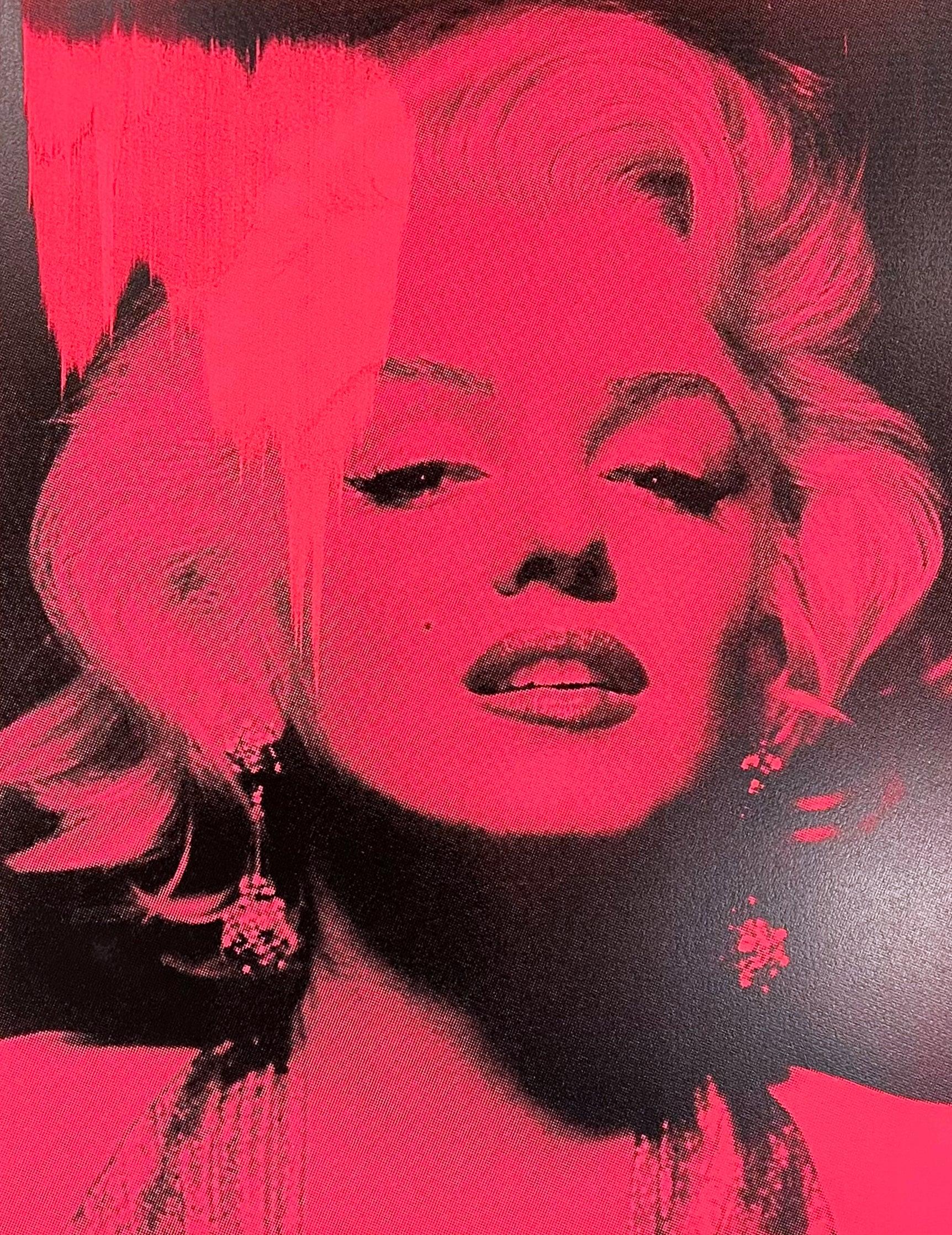Items Similar to Hedy Sleeping - American Pop Art Nude Reclining Figure
Want more images or videos?
Request additional images or videos from the seller
1 of 3
Tom WesselmannHedy Sleeping - American Pop Art Nude Reclining Figure1962/90
1962/90
About the Item
This laser-cut steel drawing multiple is incised with the artist signature “Wesselmann”, verso.
It is also numbered from the edition of 25, verso.
It was co-published by the artist and David Janis Fine Art, New York.
The subject was conceived in 1962 and executed in 1990 alongside a small number of other compositions of steel-cut multiples published by David Janis Fine Art.
Reference: Wildenstein Plattner Institute E30
Condition: Excellent condition.
- Creator:Tom Wesselmann (1931 - 2004, American)
- Creation Year:1962/90
- Dimensions:Height: 5.52 in (14 cm)Width: 14.02 in (35.6 cm)
- More Editions & Sizes:Edition of 25Price: $35,100
- Medium:
- Movement & Style:
- Period:
- Condition:
- Gallery Location:London, GB
- Reference Number:1stDibs: LU18013382372
About the Seller
4.7
Gold Seller
These expertly vetted sellers are highly rated and consistently exceed customer expectations.
Established in 1981
1stDibs seller since 2013
159 sales on 1stDibs
Typical response time: 9 hours
- ShippingRetrieving quote...Ships From: London, United Kingdom
- Return PolicyA return for this item may be initiated within 3 days of delivery.
More From This SellerView All
- Modern Head #5, from: Modern Heads - Modern Head Pop Art PortraitBy Roy LichtensteinLocated in London, GBThis work is hand signed in pencil "R. Lichtenstein" at the lower right margin on the overlay board. It is also numbered in pencil from the edition of 100, at the lower left margin o...Category
Late 20th Century Pop Art Portrait Prints
MaterialsGraphite
- Graphic Work / Opera Grafica -By Marino MariniLocated in London, GBMARINO MARINI 1901-1980 Pistoia, Italy 1901-1980 Viareggio, Italy (Italian) Title: Graphic Work / Opera Grafica, 1972 1. Impressions/ Impressioni, 1959 2. Emotion of the Scene / Mo...Category
1970s Other Art Style Portrait Prints
MaterialsDrypoint, Etching
- BeggarsBy Fedor LoevensteinLocated in London, GBFEDOR LOEVENSTEIN LOWENSTEIN 1901-1947 (Czech / French) Title: Beggars / Bettler, early 1920’s Technique: Original Hand Signed, Inscribed, Dedicated and Titled Woodcut on thin wove paper Paper Size: 28.5 x 20.5 cm / 11.3 x 8 in Plate Size: 15 x 10 cm / 5.9 x 3.9 in Additional Information: This work is hand signed and dated in pencil by the artist "F. Loevenstein 22" at the lower right margin. It is also tilted "Bettler" (Beggars) and inscribed "Handabzug" (Hand printed) in pencil at the lower left margins. It is dedicated “pour ma chere et jamais ce debacle, Fedor, Zoppot Sommer 22” (for my dear never this debacle [sic], Fedor, Sopot (Poland) Summer (19)22.) This work was hand printed by the artist himself in the early 1920's in a small edition. Originally from Czechoslovakia, Fédor Löwenstein (Munich, 1901 - Nice, 1946) studied art in Germany before moving to Paris in 1923, attracted by its artistic influence. There he mixed with the painter André Lhote from Bordeaux and joined the Groupe des Surindépendants in 1936. His style evolved from Cubism to a form of Romantic abstraction. In 1938, he painted La Chute (The Fall), inspired by the signing of the Munich Agreement ratifying the dismantling of the Czechoslovakia created in 1918. France’s entry into the war drove him to leave the capital for Mirmande, a ruined village in the Drôme region, where Lhote held a summer academy. Löwenstein then divided his time between Mirmande and Nice where his mother and sister lived, but had to take refuge for a time in the Abbey of Aiguebelle. He fell ill in the autumn of 1943 and went to Paris to see a doctor; he died in Nice in 1946. Exhibited: Fédor Lowenstein...Category
1920s Cubist Portrait Prints
MaterialsPaper
- Jewish ManBy Fedor LoevensteinLocated in London, GBFEDOR LOEVENSTEIN LOWENSTEIN 1901-1947 (Czech / French) Title: Jewish Man, early 1920’s Technique: Original Hand Signed, Numbered and Titled Woodcut on thin paper Paper Size: 28 x 22 cm / 11 x 8.7 in Plate Size: 14.8 x 10 cm / 5.8 x 3.9 in Additional Information: This work is hand signed in pencil by the artist "F. Loevenstein" at the lower right margin. It is also tilted in Cyrillic "EBPEЙ" (Jew) and numbered "19" in pencil at the lower left margins. This work was printed in the early 1920's in a small edition. Our impression is number 19 from the edition. Originally from Czechoslovakia, Fédor Löwenstein...Category
1920s Cubist Portrait Prints
MaterialsPaper
- Portrait of a Man with Hands on TableBy Fedor LoevensteinLocated in London, GBFEDOR LOEVENSTEIN LOWENSTEIN 1901-1947 (Czech / French) Title: Portrait of a Man with Hands on Table, early 1920’s Technique: Original Hand Signed, Numbered and Titled Woodcut on thin paper Paper Size: 28 x 22 cm / 11 x 8.7 in Plate Size: 14.8 x 10 cm / 5.8 x 3.9 in Additional Information: This work is hand signed in pencil by the artist "F. Loevenstein" at the lower right margin. It is also tilted in Cyrillic "ИАН ИАNCON" (probably Jan Jansson) and numbered "22" in pencil at the lower left margins. This work was printed in the early 1920's in a small edition. Our impression is number 22 from the edition. Originally from Czechoslovakia, Fédor Löwenstein...Category
1920s Cubist Portrait Prints
MaterialsPaper
- Uncle VanjaBy Fedor LoevensteinLocated in London, GBFEDOR LOEVENSTEIN LOWENSTEIN 1901-1947 (Czech / French) Title: Uncle Vanja, early 1920’s Technique: Original Hand Signed, Inscribed and Titled Woodcut on thin wove paper Paper Size: 27.5 x 21 cm / 10.8 x 8.2 in Plate Size: 14.8 x 10 cm / 5.8 x 3.9 in Additional Information: This work is hand signed in pencil by the artist "F. Loevenstein" at the lower right margin. It is also tilted "Onkel Wanja" (Uncle Vanja) and inscribed "Handabzug" (Hand printed) in pencil at the lower left margins. This work was printed in the early 1920's in a small edition. Originally from Czechoslovakia, Fédor Löwenstein (Munich, 1901 - Nice, 1946) studied art in Germany before moving to Paris in 1923, attracted by its artistic influence. There he mixed with the painter André Lhote from Bordeaux and joined the Groupe des Surindépendants in 1936. His style evolved from Cubism to a form of Romantic abstraction. In 1938, he painted La Chute (The Fall), inspired by the signing of the Munich Agreement ratifying the dismantling of the Czechoslovakia created in 1918. France’s entry into the war drove him to leave the capital for Mirmande, a ruined village in the Drôme region, where Lhote held a summer academy. Löwenstein then divided his time between Mirmande and Nice where his mother and sister lived, but had to take refuge for a time in the Abbey of Aiguebelle. He fell ill in the autumn of 1943 and went to Paris to see a doctor; he died in Nice in 1946. Exhibited: Fédor Lowenstein...Category
1920s Cubist Portrait Prints
MaterialsPaper
You May Also Like
- Large Nude Portrait With Still Life: 'Sister'. Limited Edition 8/25 On DibondBy Natasha LelencoLocated in FISTERRA, ESThis artwork is one of the available artworks in a limited edition of 25 copies for each character from the Diners series by Moldovan artist Natasha Lelenco. In this series, comprise...Category
2010s Pop Art Portrait Prints
MaterialsMetal
- Valarie Kaur & Shepard Fairey Silkscreen Print Obey Giant "Rebirth" Civil RightsBy Shepard FaireyLocated in Draper, UTMedium: Silk Screen Print Condition: Print is in pristine condition and has been stored flat since purchase. Four sharp corners and the print is breathtaking in person. Cheers ...Category
2010s Pop Art Portrait Prints
MaterialsGold Leaf
- Louis Vuitton Da Vinci bag (uniquely hand signed and dated by Jeff Koons)By Jeff KoonsLocated in New York, NYJeff Koons Louis Vuitton Da Vinci bag (signed and dated by Jeff Koons), 2017 Limited Edition print with mixed media accessories and embellishmen...Category
2010s Pop Art Mixed Media
MaterialsMetal
- Marilyn Portrait (Red)By Russell YoungLocated in Washington, DCArtist: Russell Young Title: Marilyn Portrait (Red) Portfolio: Marilyn Portrait Medium: Hand-pulled acrylic and enamel silkscreen on paper Date: 2014 Edition: 25/25 Sheet Size: 27" x...Category
2010s Pop Art Portrait Prints
MaterialsEnamel
- Large Portrait With Still Life: 'Girlfriend". Limited Edition 8/25 On DibondBy Natasha LelencoLocated in FISTERRA, ESThis artwork is one of the available artworks in a limited edition of 25 copies for each character from the Diners series by Moldovan artist Natasha Lelenco. In this case the Gilfrie...Category
2010s Pop Art Portrait Prints
MaterialsMetal
- Shepard Fairey Obey Giant Pyramid Top Icon Face Letter Press Screen Print StreetBy Shepard FaireyLocated in Draper, UTSilkscreen on White Cotton Fine Art paper with Silver Metallic Inks 20 × 16 in 50.8 × 40.6 cm Edition of 50 3 colors with deckled edges Published by Subliminal Projects. A portion...Category
2010s Pop Art Portrait Prints
MaterialsSilver




